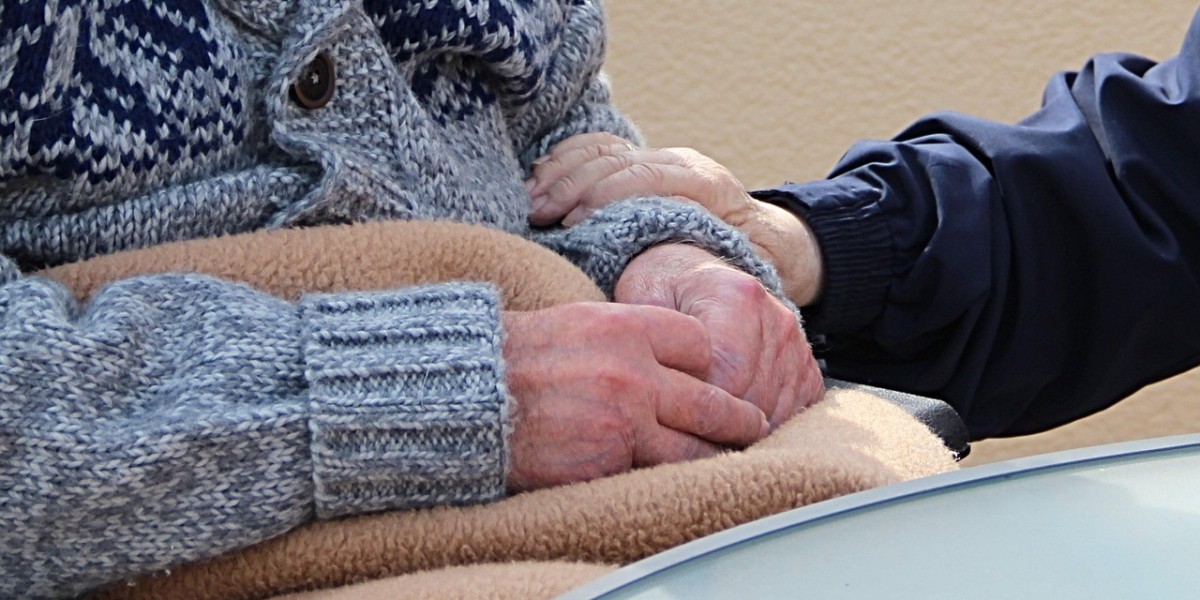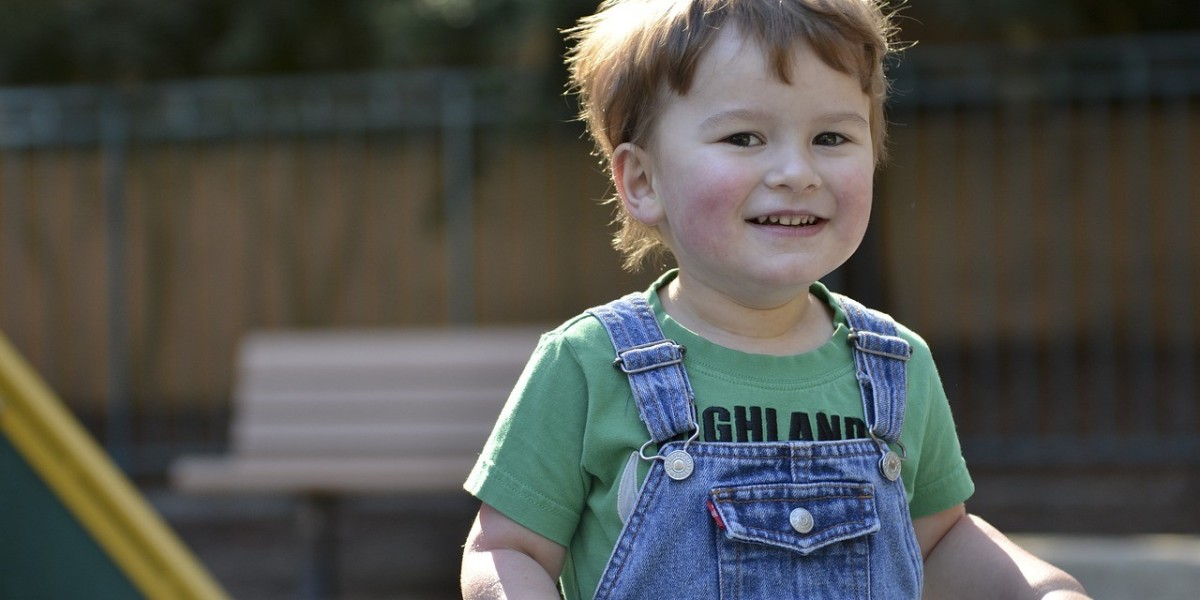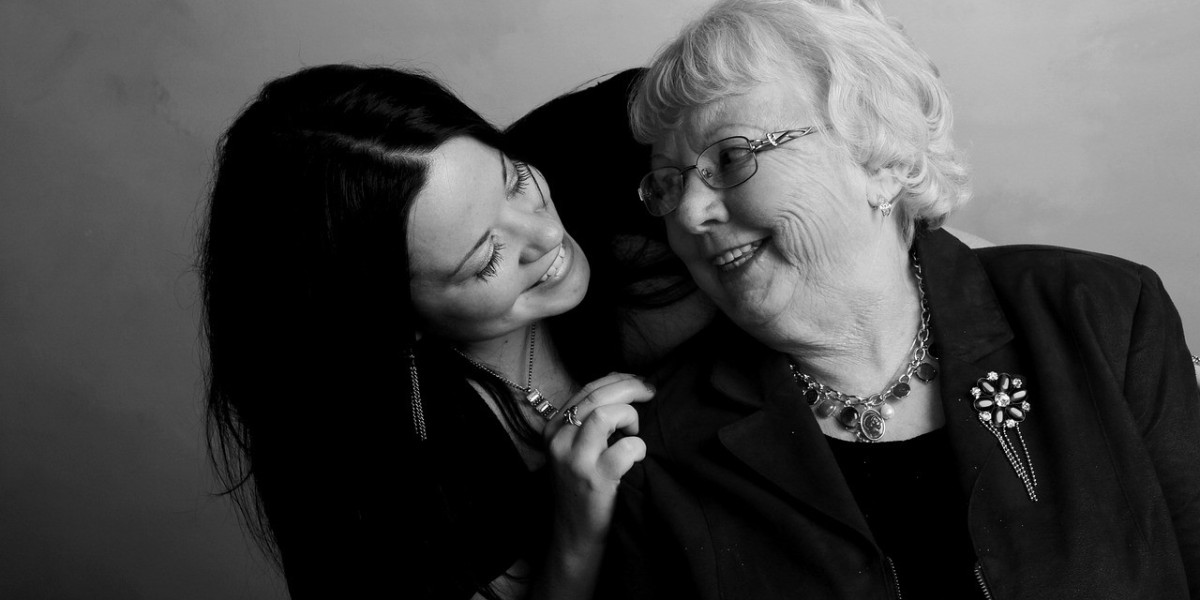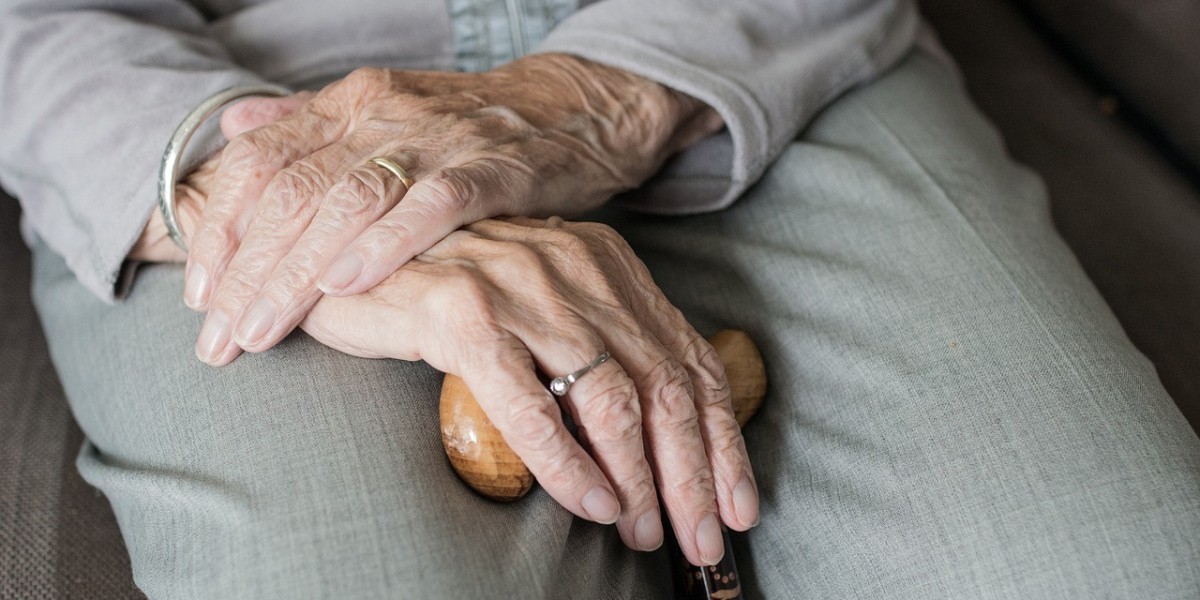We all know how busy and stressful preparing for the festive season can be, but for those of us caring for a loved one with dementia, what should be a season for celebration can become overwhelming. Balancing the needs of your loved one with family traditions, visitors, and festive activities can feel like a monumental task. But with thoughtful planning and a few adjustments, it’s possible to create a Christmas that’s enjoyable for everyone.
Here’s a helpful guide to navigating the season with care, compassion, and a focus on making memories that matter.
1. Keep Christmas Simple and Familiar
For someone with dementia, too much change or activity can be disorienting. Stick to traditions and routines they’re familiar with, such as decorating together with their favorite ornaments or listening to carols they love. If you’re hosting, avoid overloading the home with excessive decorations that could confuse or overwhelm.
Tip: Familiar sights and sounds can evoke positive memories and help create a sense of comfort during the festivities.
2. Plan Calm and Quiet Time
The hustle and bustle of Christmas can be overstimulating. Ensure there’s a quiet, cozy space your loved one can retreat to if they need a break. Balance festive activities with periods of calm to help them feel more secure and reduce stress.
Tip: Soft lighting, gentle music, and a favourite chair can create a relaxing retreat.
3. Be Selective About Social Gatherings
Large groups and noisy celebrations can be challenging for someone with dementia. Consider smaller gatherings with close family and friends who understand your loved one’s needs. Prepare visitors beforehand about how they can interact in a supportive and understanding way.
Tip: Encourage guests to talk one-on-one and avoid overwhelming your loved one with rapid-fire questions or multiple conversations.
4. Involve Them in Festive Preparations
Giving your loved one a sense of purpose can be incredibly empowering. Simple tasks like helping to wrap presents, setting the table, or baking cookies together can provide joy and connection. Choose activities they find meaningful and can do without stress.
Tip: Stick to tasks that tap into long-term memory, such as stirring cake batter or tying ribbons.
5. Be Mindful of Food and Drink
Traditional Christmas treats may not always be suitable for someone with dementia. Ensure food is easy to eat and matches their dietary needs. Limit alcohol consumption, as it can exacerbate confusion or agitation.
Tip: Prepare bite-sized, nutritious options and keep mealtimes relaxed to help everyone enjoy the day.
6. Create a Safe Environment
Christmas decorations can sometimes pose risks. Avoid items like flickering lights, breakable ornaments, or candles that could be confusing or unsafe. Clear walkways to prevent trips or falls, especially if furniture has been moved to make room for guests.
Tip: Consider sensory-friendly decorations such as soft lights or plush holiday décor to keep things festive yet safe.
7. Don’t Be Afraid to Adapt Traditions
If certain traditions or outings feel too demanding, it’s okay to modify or skip them. The most important thing is creating a warm and inclusive environment where your loved one feels comfortable. Focus on shared moments rather than ticking off a long to-do list.
Tip: A cosy evening watching Christmas fils or looking through photo albums can be just as special as a big celebration.
8. Prioritise Your Own Well-being
As a carer, your well-being is essential too. Don’t hesitate to ask for help from family, friends, or respite services. Allow yourself moments to recharge so you can better support your loved one.
Tip: Schedule short breaks for self-care, whether it’s a cup of tea in peace or a quick walk outside.
9. Be Present and Patient
Dementia can make festive gatherings unpredictable, so be flexible and patient. Celebrate the small moments of connection, whether it’s a smile, a laugh, or a shared memory. Let go of perfection and focus on being present.
Tip: A loving and understanding atmosphere is far more meaningful than a picture-perfect Christmas.
By approaching Christmas with empathy, simplicity, and a focus on what truly matters, you can create a season filled with warmth and joy for your loved one with dementia—and for yourself. Remember, it’s not about doing it all; it’s about being together and cherishing the moments that count.
What are your top tips for a dementia-friendly Christmas? Share your ideas with our carer community—we’d love to hear them!








